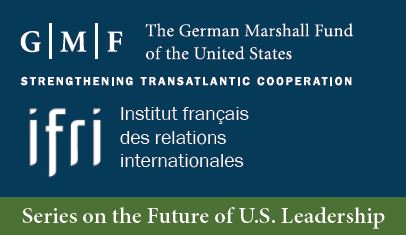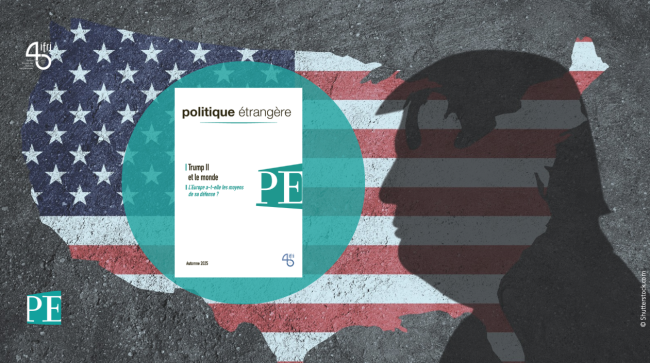Global Swing States and U.S. Strategy

Defending and renewing the global order is a priority for the United States and Europe. An important part of this effort will be accomplished if transatlantic partners can successfully engage four “global swing states” — Brazil, India, Indonesia and Turkey — in the management of global issues, because of their geopolitical and economic status, as well as their desire to have a stronger voice in the various international forums. Successful engagement of these nations will be key to preserving the international order and U.S. leadership.
At a time of growing challenges to international peace and prosperity and intensifying resource constraints, working with emerging powers to defend and renew the global order has become increasingly central to U.S. strategy. Compared to the Asia “pivot” unveiled during the first Obama administration, U.S. engagement of emerging powers has generated little publicity and comparatively modest interest from longtime U.S. partners in Europe. Yet the stakes are high. The choices made by a handful of economically dynamic, strategically located, rising democracies — “global swing states” — may decisively nudge the international order toward renewal or fragmentation. If the United States, its transatlantic allies, and these key emerging powers can come together to strengthen a system on which all depend, they are more likely to thrive. If the global order instead becomes less cohesive, they — and the broader world — will suffer the consequences.
Download the full analysis
This page contains only a summary of our work. If you would like to have access to all the information from our research on the subject, you can download the full version in PDF format.
Global Swing States and U.S. Strategy
Related centers and programs
Discover our other research centers and programsFind out more
Discover all our analysesBrazil One Year Away from the October 2026 General Elections
Brazil’s general elections will be held on October 4, 2026, to elect the president, vice-president, members of the National Congress, governors, deputy governors and state legislative assemblies. For the presidential and gubernatorial elections, a second round will be held on October 25 if no candidate obtains a majority of the votes in the first round.
Trump II: The Clash of Ideologies
The second Trump administration brings together a number of very different, even opposing, ideologies: far-right populism, the reactionary Christian right, paleolibertarianism, and technolibertarianism. The most visible measures taken since Donald Trump's return to the White House have been populist in nature, with the president's authority strengthened, checks and balances weakened, a form of identity politics embraced, and economic nationalism implemented.
Water in Mexico: an Emergency that Will Wait
Access to water is already and will become increasingly problematic for Mexican economic actors due to the progressive scarcity of the resource resulting from climate change, a geographical distribution that does not coincide with that of the population or economic activity, and management that has so far been far too lax.
Donald Trump v. the States: the Case of New York
While the disruptive policies of the second Trump administration are being implemented at the federal level and on the international stage, they are also being felt in the federal states and major cities across the country. In the spring of 2025, several cases involving the state and city of New York demonstrate that the president’s attacks on environmental protection, the separation of powers, freedom of speech, etc., are also being carried out at the local level.











